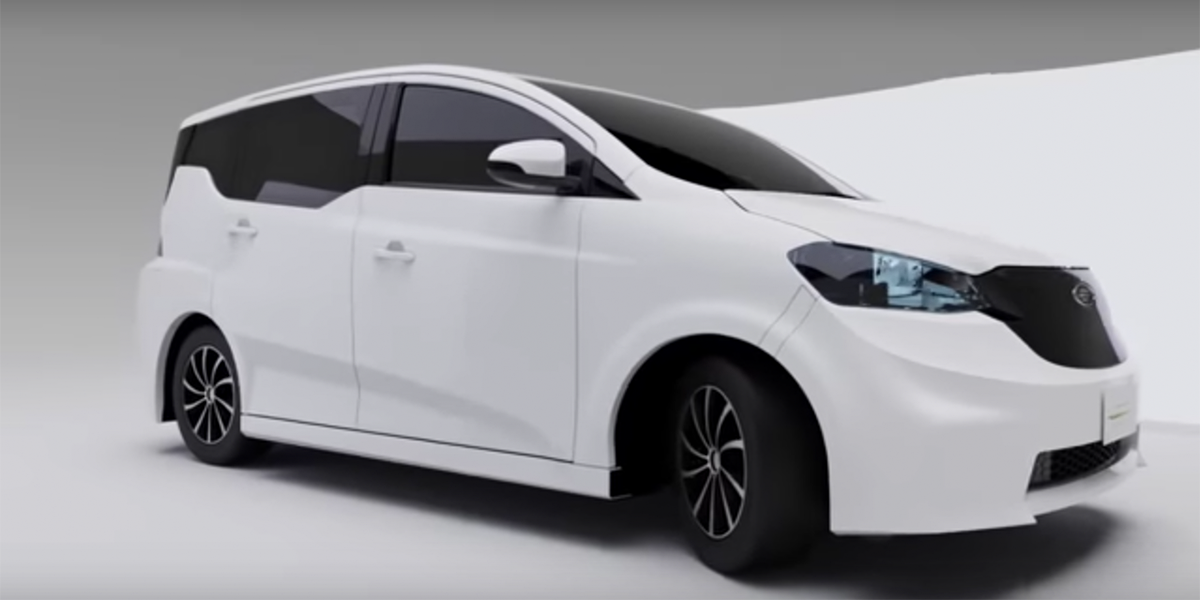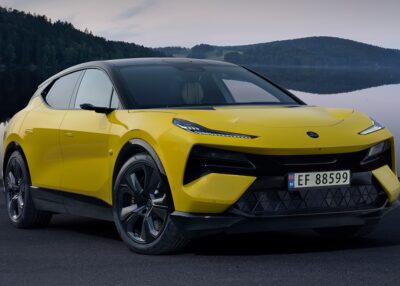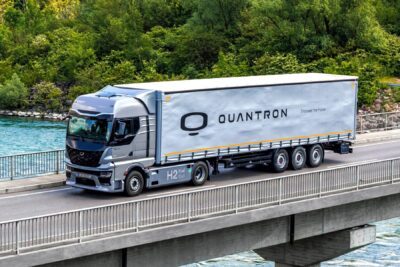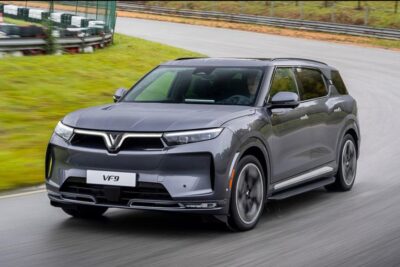Thailand: Energy Absolute unveils electric car
Thailand’s second-biggest provider electricity Energy Absolute has formed an EV subsidiary, Mine Mobility, and unveiled its first passenger electric car at this year’s Bangkok Motor show. Now the company has already received more than 4,500 orders.
Priced at around 38,000 USD, its cheaper than a comparable Kia Soul or Nissan Leaf electric car. According to the Mine Mobility, their five-seat hatchback has a range of around 200 kilometres (124 miles). Although this is less than Tesla’s Model 3 or BYD’s e6, it is still enough to convince a group of five taxi unions to order 3,500 cars for the megacity of Bangkok. According to Bloomberg, the cab companies chose Mine Mobility electric cars because they could promise the earliest delivery.
Thanapat Suksuthamwong, the subsidiary’s managing director, confirmed that the initial targets for Mine Mobility are car-service providers, meaning not only taxi firms, but also sharing and rental-car companies. “There’s no better way to showcase the technology than to have people who drive long distances each day do it”, he said. A smart position to take, agrees Caroline Chua, a BNEF analyst covering renewable energy, who commented that “public and private fleet operators have the potential to drive the uptake of EVs”.
Energy Absolute is also planning two more electric models: a cheaper compact car and a more expensive sports car. The company had already shown three prototypes at the Bangkok Motor Show 2018. The sports car had a range of 250 kilometres with a 45 kWh battery, the van (30 kWh) and the city car (20 kWh) each had a range of 200 kilometres. The prototypes were all capable of fast charging (15 minutes to 80 per cent).
The goal is to put 5,000 electric vehicles on the road by next year and install more than 700 charging stations. With so many electric cars, the market share in Thailand would more than triple, as according to Bloomberg, there are only 1,500 electric cars on the road.
From the end of this year, up to 10,000 electric cars per year are to be produced in a production facility currently under construction. As reported, Energy Absolute is also planning to set up a battery factory, initially with a production capacity of 1 GWh, and later with an impressive 50 GWh, which would rival Tesla’s Gigafactory in both size and scope and catapult Thailand into third place globally in production.
With this approach, Energy Absolute is taking the recently tried and proven approach as companies Tesla and their new Chinese rival, Evergrande, in trying to integrate all stages of the EV life cycle: from electricity generation, through battery production, car manufacturing and charging-point installation. German carmakers also trying to enter South East Asian and South Asian markets are also following the pearls in the string of the production chain – Daimler’s overseas battery production is currently under construction in Bangkok, and BMW has also localised battery production in Thailand.
EVs made in Thailand benefit from lower tax rates, which results in lower prices. Suwat Sinsadok, a utility analyst at Finansia Syrus Securities in Bangkok agrees that Mine Mobility has the right idea: “This is the right business strategy, and they’re getting into it at the right time.”





0 Comments